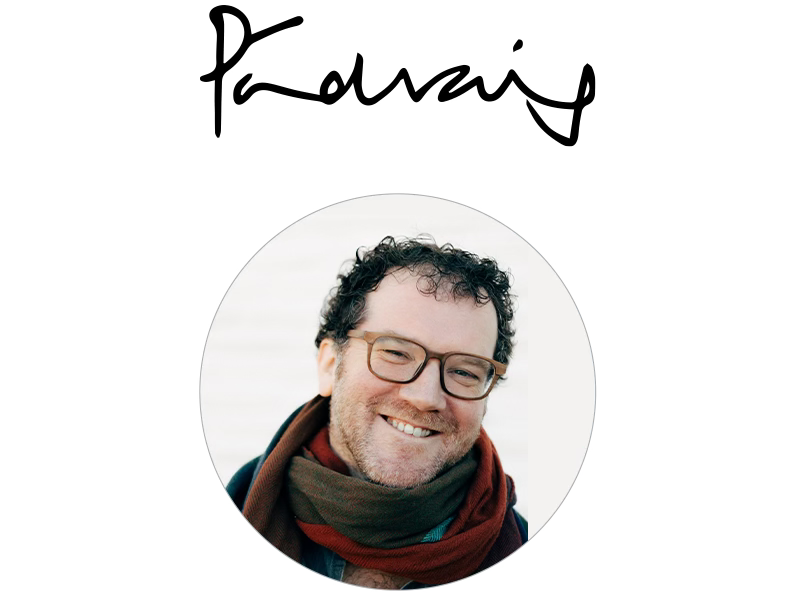Dear friends,
Mosab Abu Toha’s book Things You May Find Hidden in My Ear; Poems from Gaza arrived in our On Being offices from his publishers (the brilliant City Lights Books) last year. My colleagues tend to let the poetry books pile up before sending me a boxful in the post, so I didn’t read it until August 2023, a few months before everything happened.
I’ve followed Mosab’s work since — particularly his essays in the New Yorker and the New York Times detailing his abduction, his journey out of Gaza, and the plight of his relatives as they search for food in Gaza.
“Ibrahim Abu Lughod and brother in Yaffa” is like a dreamscape: an elder statesman traces the outline of a family home in the sand, in a gentle setting of beach, water, freedom, clouds, children, kites … The home that the brothers knew is gone, and they recollect it in memory. Memory isn’t about the past here; it’s about the present, and the assertion of the poem “make tea in their kitchen / for everyone on the beach” is supported by the pronoun “their” kitchen.
I believe a poem can be a teacher, especially this one. Today, I am curious to know what this poem teaches you.




When my son was 10, we read a book about Anne Frank. He cried at the end and said, "We learned about the Holocaust in school, but reading about Anne felt different." For me, the power of Mosab's poem is in the naming—in presenting characters with bodies ("soft index finger"), hungers, memories, and brotherly conflict.
When we dialogue with words like 'us' and 'them,' we lose sight of our humanity and faces fade. Zooming in reminds us that we are all people craving safety, connection, and love. I learn a lot about Israel and Palestine in the news, but reading about these brothers felt different.
What stays with me from this poem is the mint. An herb so pungent, potent, and well-known that the mere mention of it evokes, on tongue and palate, its cool and thrilling spiciness. Remembrance, for sure. But perhaps something more than memory as well. It is impossible in this moment of ongoing carnage and destruction not to feel the awful poignancy of the loss that this poem chronicles. The vividness of the destruction is a mere click away and it takes only a few minutes of reading almost anyone's account of survival to learn (or be reminded) of decades of continuous loss and ruin. Poetry remembers this. Your observation, Pádraig, of the hospitality that this poem mentions makes me feel that poems are part of the act of hospitality and that perhaps poems, too, need hospitality - they need the welcome and goodwill of which, in our better moments with each other, we are capable. This poem remembers hospitality which implies, especially given your comment "Memory isn’t about the past here; it’s about the present..." that it will again be possible. It must be. It is what makes us human. Even while the evidence of our failings is so brutally evident. But back to the mint. I've cultivated gardens many times in my life, beginning, as a child, with my grandfather and the small patch of raspberries (so delicious) and green beans (for which my appreciation did not develop until long after my grandfather had died). I love growing herbs and grown mint many times. And have learned that it is both easily grown and tenacious. It grows in sidewalk cracks, around fenceposts, in sandy or muddy soil. I'm sure other herbs are equally tenacious but it is mint that I have noticed most. It grows all over the neighbourhood in which i live in both alleys and gardens. So when i read "The mint no longer grows," I am reminded of the utter destruction in Gaza that I have seen in image after image for so many months. But reminded also of the tenacity of mint. For even now, it survives in the last line of this poem.